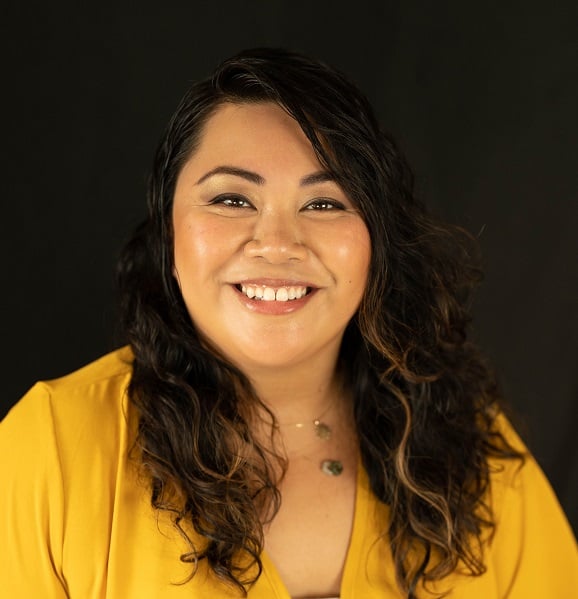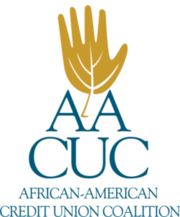For a few years, I had the privilege and honor of facilitating a session on the Asian-American experience for the African-American Credit Union Coalition’s DEI Leadership Academy. A component of that class was a small dive into Geert Hofstede’s Six Dimensions Model of National Culture. I first learned about this model in an MBA class on International Business. It was a model that framed the context and the intentionality necessary for doing business internationally and/or with diverse groups of people. So, why bring this up during a session on the Asian-American experience and why is this important for credit union professionals to understand?
According to Hofstede’s website, this framework was created to understand “six basic issues that society needs to come to terms with, in order to organize itself.” By understanding a country’s approximate climate of culture for these dimensions, you can make a better guess on how to best communicate, interact, and understand people from a different culture than your own. Something to keep in mind, one isn’t better or worse. And of course, since these scores are an amalgamation of millions of people, variation within a country can and does exist. Out of the six dimensions, I often find myself contemplating “Individualism.” Their definition of individualism is “the extent to which people feel independent, as opposed to being interdependent as members of larger wholes.” This should sound a lot like the cooperative model and very familiar for the structure and difference of credit unions. It is also a foundational layer for most Asian, Native Hawaiian, and Pacific Islander cultures and nations.
According to Hofstede’s Individualism “official” country scores (validated through research) on a scale of 0-100 (Collectivist to Individualist) of the 50 most populous countries, you find Asian countries like Indonesia, South Korea, China, Vietnam, Malaysia, Thailand, and Philippines with scores less than 35, compared to countries like Germany, France, Italy, Canada, Great Britain, and the USA with scores as high as 91. Looking only at Asian nations, the highest Individualism score is Israel with 54. What this tells us is that individuals who live in countries in Asia and Oceania widely practice and reinforce collectivism and “value harmony, respectfulness, and group needs over individual needs” (Understanding Collectivist Cultures: Overview & Examples).
Growing up in an Asian immigrant household in America, this collectivist influence (in a individualistic nation) is what shaped my rearing and values and is similar for over 20.6 million people who identify as Asian, Native Hawaiian or Other Pacific Islander as of the last 2020 Census (Broad Diversity of Asian, Native Hawaiian, Pacific Islander Population). I grew up surrounded by countless, unrelated “aunties” and “uncles,” always well-fed at potluck gatherings and celebrations, and often behaving on my best behavior, because someone in the neighborhood was always watching!
I grew up with my grandmother and extended family members living in our house. I distinctly remember helping my mom send remittances to my extended family “back home” to the Philippines on a regular basis. I was told to strive for excellence always and to remain humble and not stand out.
I believed and believe that together we can do more and that being selfless and caring for others will always help the greater whole. This is why the credit union movement and cooperative business appealed to me and does for many other Asian, Native Hawaiian, and Pacific Islander people across this country. Yet, these groups and other traditionally collectivist cultures (South America, Latin America and Africa nations) continue to be overlooked by credit unions across the country.
For this AANHPI Heritage Month, the call to action of this article for all credit union professionals is:
- To be leaders in believing and practicing a different context than ourselves through understanding and empathy.
- To celebrate something that we may not be familiar with through open-mindedness.
- To find shared humanity and commonalities through respect and relentless inclusivity.
This should be easy, especially since we have groups of Americans that were raised for credit unions from birth. Collectivist values are cooperative values! Looking for resources or support, HAPICUP (Hawaii Asian Pacific Islander Credit Union Professionals), AACUC (African-American Credit Union Professionals, NLCUP (National Latino Credit Union Professionals), CUPride, the NACUC (Native American Credit Union Association) and other groups are here. Happy Asian American Native Hawaiian Pacific Islander Heritage Month!








